
Services
Delivering communication services across India.
Promotional SMS
Purpose:
Bulk promotional SMS is primarily used by businesses to promote products, services, offers, or events to a large audience simultaneously. It's widely used in marketing campaigns.TRAI Regulations:
The Telecom Regulatory Authority of India (TRAI) regulates promotional SMS. Businesses must register with the Distributed Ledger Technology (DLT) platform and get templates approved before sending messages.Time Restrictions:
Promotional SMS can only be sent between 9 AM and 9 PM as per TRAI rules. Messages sent outside this window will be blocked automatically.Sender ID Format:
Promotional SMS use a 6-character sender ID, usually numeric and randomly assigned by the service provider (unlike transactional SMS, which can use alphabetical IDs).Target Audience:
Promotional messages cannot be sent to DND (Do Not Disturb) numbers unless the user has given explicit consent through the DLT platform.Cost-Effective:
Compared to other forms of advertising, bulk SMS is relatively low-cost, with high reach and quick delivery, making it a popular choice for startups and SMEs.High Open Rate:
SMS marketing in India has a high open rate (above 90%), ensuring better visibility than email or online ads, especially in tier-2 and tier-3 cities.
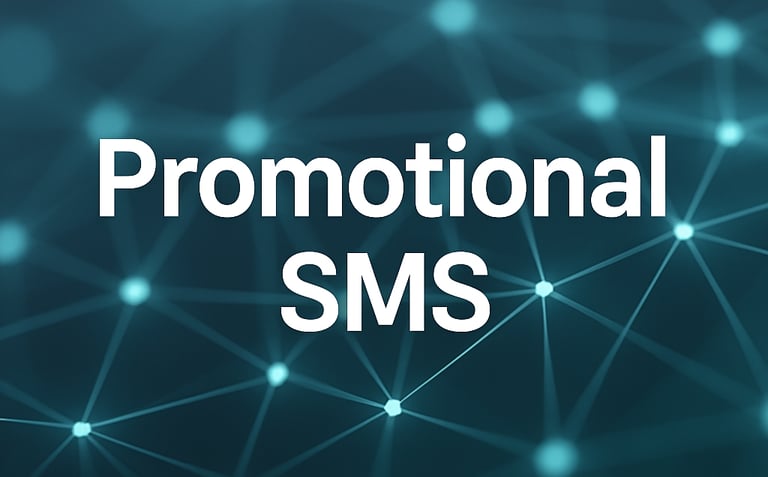

Transactional SMS
Purpose:
Transactional SMS is used to deliver important information like OTPs, alerts, order confirmations, account updates, and notifications — not for promotional content.24/7 Delivery:
Unlike promotional SMS, transactional SMS can be sent 24/7, including to DND (Do Not Disturb) numbers, since the messages are service-related and often critical.Alphabetical Sender ID:
Businesses can use a custom 6-character alphabetical sender ID (like “HDFCBK”) that reflects their brand, which builds trust and brand recall.TRAI & DLT Compliance:
All transactional SMS must comply with TRAI’s DLT (Distributed Ledger Technology) regulations, including content template registration and entity verification.Faster Delivery:
These messages are prioritized by telecom operators due to their critical nature (e.g., OTPs for banking or login), ensuring near-instant delivery.No Opt-Out Required:
Since the messages are not promotional, there is no opt-out mechanism needed — users receive them as part of service communication.Use Cases:
Common use cases include OTP verification, transaction alerts, delivery updates, ticket confirmations, system alerts, and reminders.
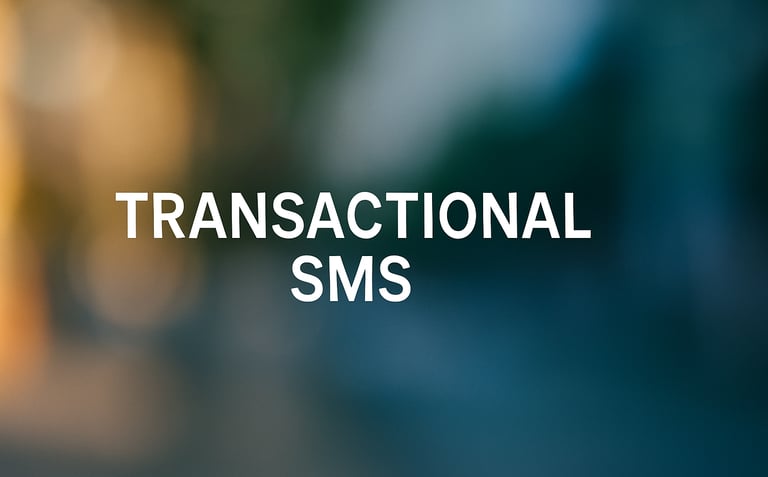

SMS API Integration
Definition:
An SMS API (Application Programming Interface) allows applications to send and receive SMS messages programmatically, integrating messaging into websites, apps, or systems.Automation:
SMS APIs enable automated message delivery, such as sending OTPs, alerts, or order updates without manual intervention.Two-Way Messaging:
Many SMS APIs support two-way messaging, allowing users to respond to messages and applications to process replies (e.g., confirmations, feedback).Scalability:
SMS APIs are designed for bulk messaging, making them ideal for businesses that need to communicate with thousands or millions of users reliably.Integration:
SMS APIs can be easily integrated with CRM systems, e-commerce platforms, ERPs, and custom software using REST, HTTP, or SMPP protocols.Delivery Reports & Analytics:
They provide real-time delivery status, message logs, and analytics, helping businesses track performance and ensure message delivery.Security & Compliance:
Modern SMS APIs come with features like IP whitelisting, message encryption, and DLT compliance (in India) to ensure secure and regulation-compliant messaging.
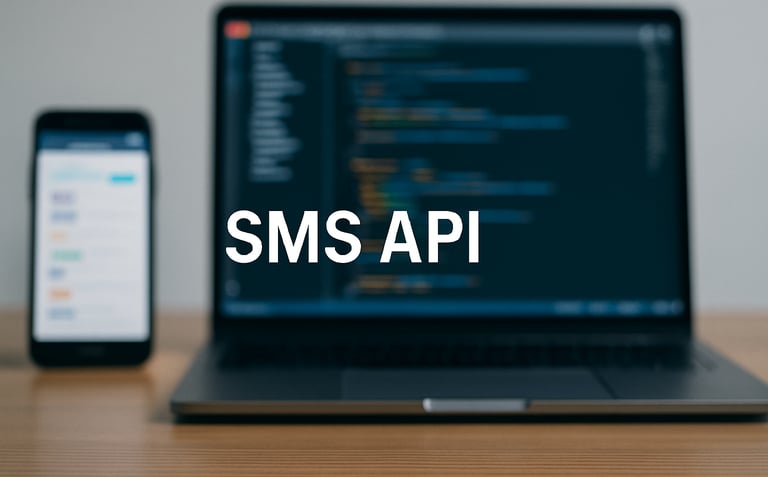

Voice SMS
Definition:
Bulk voice SMS (or voice broadcasting) allows businesses to send pre-recorded voice messages to thousands of mobile or landline numbers simultaneously.Language Flexibility:
Messages can be recorded in multiple regional languages, making it ideal for communicating across India’s diverse linguistic population.Target Audience Reach:
Voice SMS reaches both literate and illiterate audiences, making it more inclusive compared to text-based communication.Regulatory Compliance:
Bulk voice calls must follow TRAI regulations. Calls to DND numbers require user consent via the DLT platform for compliance.Time Restrictions:
Similar to promotional SMS, voice messages can typically only be sent between 9 AM and 9 PM, unless it's a critical service alert with special permissions.Use Cases:
Common applications include political campaigns, appointment reminders, emergency alerts, payment reminders, and promotional offers.Interactive Options:
Advanced systems offer IVR (Interactive Voice Response) features, enabling users to respond by pressing keys (e.g., "Press 1 to confirm").
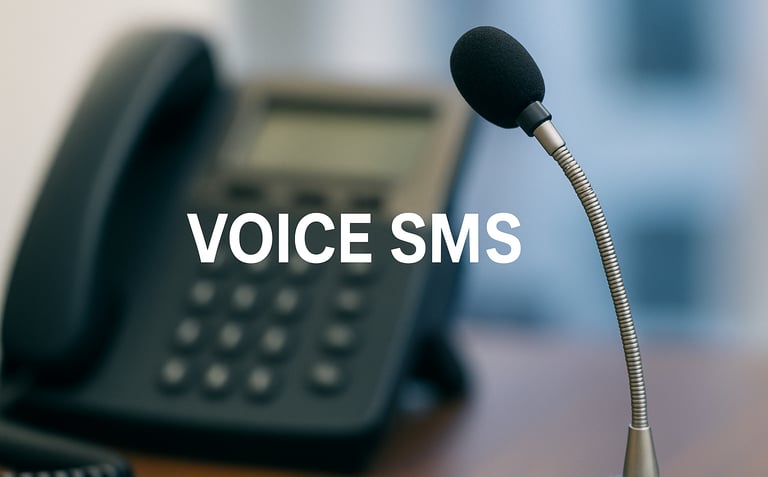

WhatsApp Promotional SMS
Definition:
WhatsApp Promotional Messages are business-initiated messages sent to users via the WhatsApp Business API to promote products, services, offers, or updates.User Consent Required:
Businesses must obtain opt-in consent from users before sending promotional content via WhatsApp, in compliance with WhatsApp’s policies.Rich Media Support:
Promotional messages can include images, videos, documents, buttons, and links, making them more engaging than traditional SMS.High Engagement Rate:
WhatsApp messages typically have open rates above 90% and better click-through rates compared to email or SMS.Template Approval:
All promotional messages must use pre-approved templates via the WhatsApp Business Platform. These templates are reviewed by Meta before use.Personalization & Targeting:
Messages can be personalized using variables (like name, location, or order info), allowing targeted marketing to specific customer segments.24-Hour Session Limitation:
If a user responds, a 24-hour session window opens for freeform two-way communication. Outside that window, only template messages can be sent.
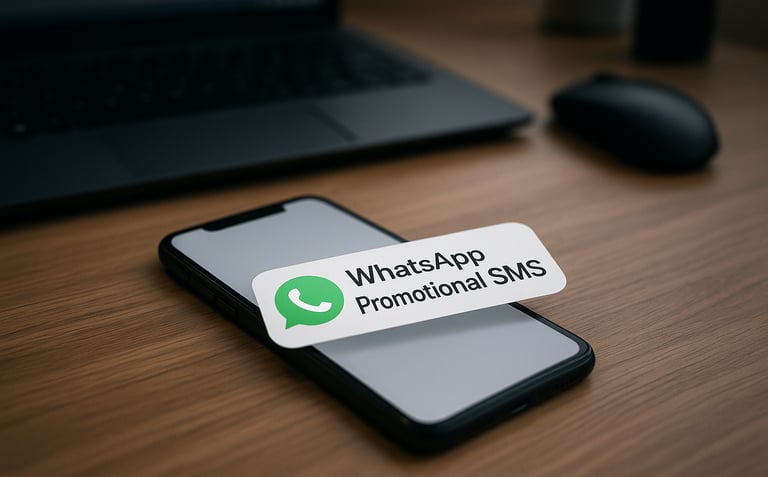

WhatsApp API
Built for Medium & Large Businesses:
The WhatsApp Business API is designed for scalable, automated customer communication, unlike the free WhatsApp Business app meant for small businesses.No Native Interface:
It doesn’t have a built-in UI; businesses must integrate it with CRM systems, chat platforms, or use it via third-party solution providers.Message Types:
Supports two types of messages:Session Messages (within 24 hours of user’s last message)
Template Messages (pre-approved, for notifications or promotions)
Customer Opt-In Required:
You must get explicit user consent (opt-in) before initiating any message to a customer via WhatsApp Business API, as per Meta’s policies.Rich Media & Interactive Messages:
Allows sending images, PDFs, videos, locations, quick replies, buttons, and more for rich, engaging conversations.Secure & Verified Communication:
Businesses get a green-tick verified badge, enhancing trust. The API uses end-to-end encryption for message security.Pricing Based on Conversations:
Meta charges based on conversation categories (marketing, utility, authentication, and service) and whether they’re user- or business-initiated, with regional pricing models.
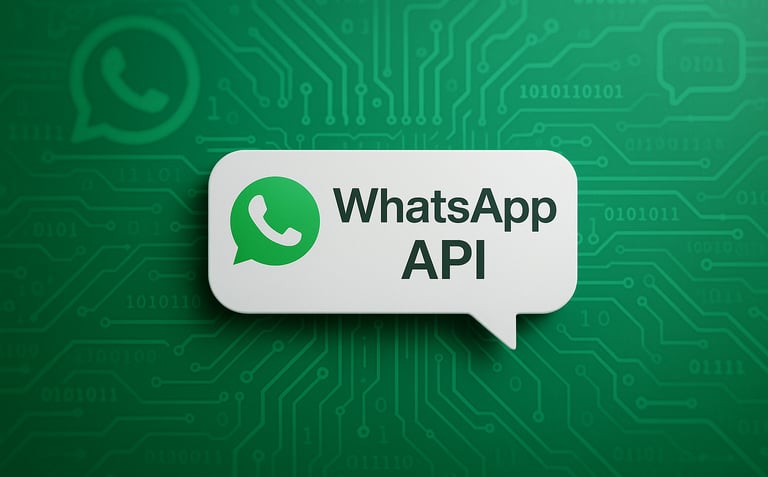

Connect
Your trusted partner for messaging solutions in India.
© 2025. MobiSol4u Services is a registered Trademark. All right reserved.
